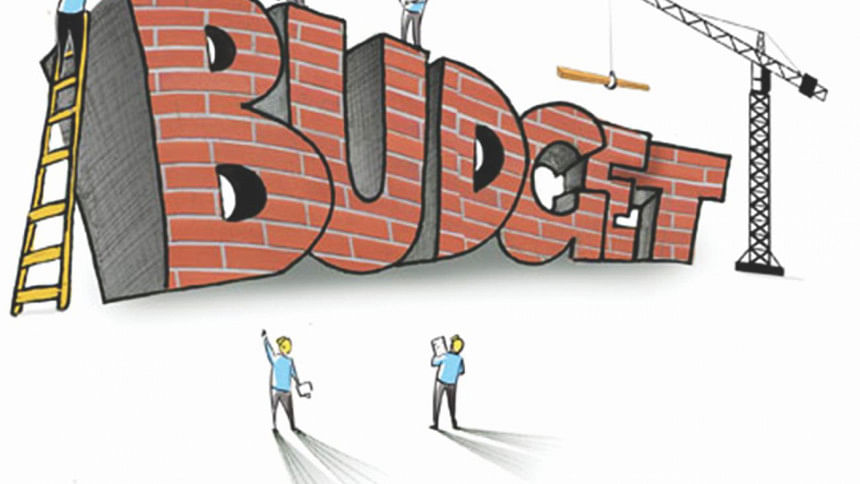“We can't realise this budget without fundamental reforms”

It's a very good budget but it's not clear how they are going to achieve this. I think the idea is here, the intentions are great, but given the fact that every year we over-project and underachieve, there is a problem of credibility. This is what one needs to worry about. As I see it, the only way we can come out of this impasse – because this is a problem that has not only been with us but is also increasing over the years – is by introducing fundamental reforms, in terms of governance, implementation regimes, incentives and so on.
When we talk about reforms, NBR would be an obvious place to start. I think we have tried various implemental processes and there have been incremental improvements, but they have not really delivered [the desired results]. The thing is, incremental improvements on the big targets that we have set up [is not enough]; we need fundamental reforms in order to work at a different level altogether. This is going to be a paradigm shift.
As for unutilised funds, it's a perennial problem. We have unutilised allocation in many sectors, many projects remain incomplete, unattended to, often forgotten. Our absorptive capacity for all kinds of funding, external or internal, is a problem. This is a not lack of planning, but a lack of institutional capacity. We don't have the human resources, skills, managerial capacity, and incentives in place to do this, because you need high quality monitoring and evaluation. We have to monitor projects on a much more regular basis than we do. These are the difficult things we need to do. I don't think we can just set up our goals and indulge ourselves.
In a way, we always end up talking about the big things, but we need to identify the smaller things that perhaps do not need a lot of money but could have a noticeable impact. For instance, we have continuing problems in imports and exports, in the Ease of Doing Business, which hinders investment. These are things we keep on of talking but do very little to improve them. At the end of the day what matters is your ground level reaction. That is where the change has to come, and that is a combination of many things, including poor governance.
One example that keeps presenting itself is the example of huge amount of imported items lying scattered all over the place in the Dhaka Airport. There is a syndicate that is basically there for harassing you for money. There are many examples like that.
I also want to highlight that we need more allocation in education and research. Research remains a foster child. But I think that is the key to everything. As a land and resource scarce country, we need to do everything in our power to promote our human resource, the only resource, the most important resource that we have, and that we should maximize. Although we know the return of investing in research is very high, and many other countries have realized that and are spending heavily on research, unfortunately that realization is missing in our government. Of course, the realisation does not have to come only from the public sector.
The private sector—BGMEA, pharmaceuticals or other companies need to invest heavily in research. Maybe the government can provide certain incentives to the different groups such as social science researchers, engineers, and scientists.
Dr. Khan Ahmed Sayeed Murshid is the Director General of the Bangladesh Institute of Development Studies (BIDS).

 For all latest news, follow The Daily Star's Google News channel.
For all latest news, follow The Daily Star's Google News channel. 



Comments